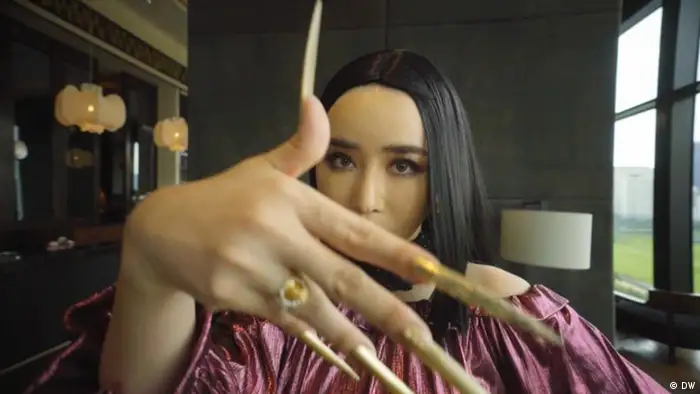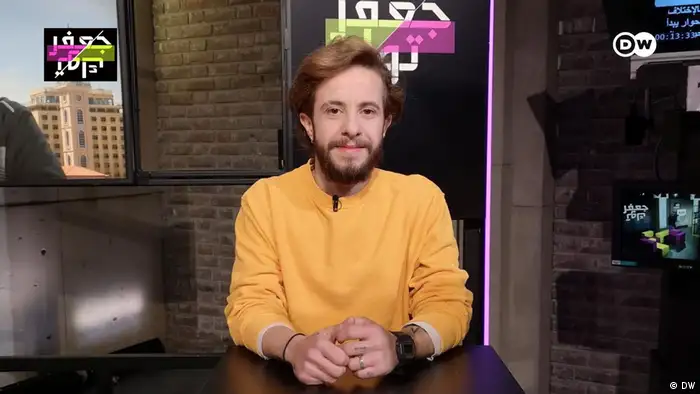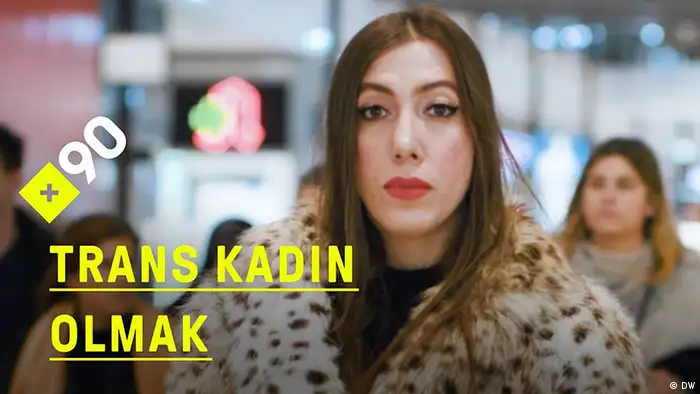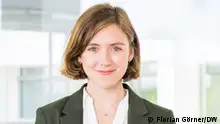Diversity
March 31: International Transgender Day of Visibility
JaafarTalk, +90 and HER – Women in Asia: On International Transgender Day of Visibility, we present three DW formats that cover trans* topics, among other things.
The International Transgender Day of Visibility on March 31 is dedicated to trans*people and is intended to be a reminder of their achievements in recent years and decades in terms of equality and emancipation. At the same time, it raises awareness of the fact that trans*people, individuals who do not identify with the gender assigned to them at birth, often face discrimination and disadvantage at work and experience violent attacks.
DW stands up for democracy, press freedom and freedom of opinion worldwide and opposes all forms of discrimination. These values are reflected in the Code of Conduct and the AGG and shape DW's journalistic content. Several DW formats tackle the issue of trans*visibility.
JaafarTalk
JaafarTalk's motto is 'Why can't I be who I want to be?' and I live this motto to the fullest," says Jaafar Abdul-Karim, host of the show and DW journalist. The Arabic-language format JaafarTalk draws attention to topics that highlight diversity in the region. "Our target group is diverse, and thus we want to reflect the diversity of this target group," Abdul-Karim explains, adding: "This includes trans*people." Despite criticism and even severe threats from within the region, the host lets transgender people, among others, tell their personal stories. According to Abdul-Karim, the Arabic-speaking world still has a strong traditional and patriarchal attitude in which being transgender has no place. In addition, biased reporting about trans*people paints a false picture of them, he says. For the DW journalist, making the trans*community is part of three overarching themes: Human rights, self-determination and self-development. "DW and other media play a central role in shaping public opinion," Abdul-Karim emphasizes. "Our responsibility is to be inclusive and diverse."
+90
Another DW format that helps make the concerns of trans*people visible is the Turkish-language format +90. Özge Artunç, co-producer of +90, describes the format as a "pioneer in the Turkish media landscape when it comes to initiating a constructive debate about the everyday problems of trans*people." Here, too, social participation is made more difficult for the trans*community, such as discrimination when looking for a job or an apartment, or being harassed on the streets, according to Artunç. The journalist says the task of media professionals is to provide a better representation of trans*people. Only the visibility of trans* people and their stories can make the partly conservative Turkish society question its own opinions and prejudices, she adds. Young Generation Z – the format's target group – is open-minded and interested: They participate in conversations about diversity and gender identity "which are almost non-existent in traditional media."
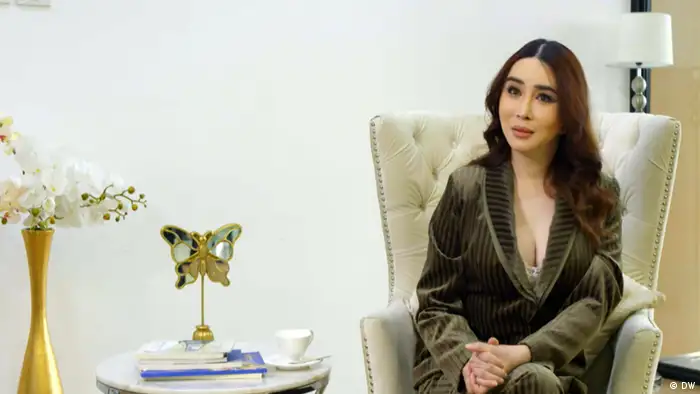
Trans*woman, entrepreneur and mother Anne Jakrajutatip interviewed on DW series HER – Women in Asia, season 2, episode "My Roots".
HER – Women in Asia
The series HER – Women in Asia tells the stories of strong and successful women, including trans* women. It offers them a platform "where they can share their experiences and express their challenges," says DW editor and co-producer Bettina Thoma-Schade.
The episode "My Roots" portrays the Thai trans* woman Anne Jakrajutatip. She is the founder and CEO of JKN GLOBAL GROUP Public Limited, one of the most successful media companies in Thailand. Anne does not take her current success, including her seven million followers on Instagram, for granted. Her (transgender) story is one of threat, discrimination and sexual abuse. Now a mother of two, she has never let anyone deny her trans*identity: "When people ask me, 'Are you a woman?' I say, 'No, I'm a trans* woman.' I don't want to hide my identity from anyone."
LGBTQI+ issues taboo in many target regions
The success of the three DW formats presented here is also evident on social media: JaafarTalk has 1.5 million followers on TikTok and +90 has a subscriber count of 628,000 on YouTube. The first and second seasons of Her – Women in Asia reached a total of 41.6 million views across all OTT platforms since the series' launch in May 2021 through September 2022, an average of 2.5 million views per month.
Transgender, homosexuality and other LGBTQI+ topics are taboo in many of DW's target regions. DW produces journalistic content that addresses these issues, educates and portrays a diverse and multifaceted society. In addition to the three formats presented above, other DW formats deal with the topic, too – and thereby increase the visibility of trans*people, not only today.
DW recommends
- Date 31.03.2023
- Author Freste Shir
- Feedback: Send us your feedback.
- Print Print this page
- Permalink https://p.dw.com/p/4PX6f
- Date 31.03.2023
- Author Freste Shir
- Send us your feedback.
- Print Print this page
- Permalink https://p.dw.com/p/4PX6f

